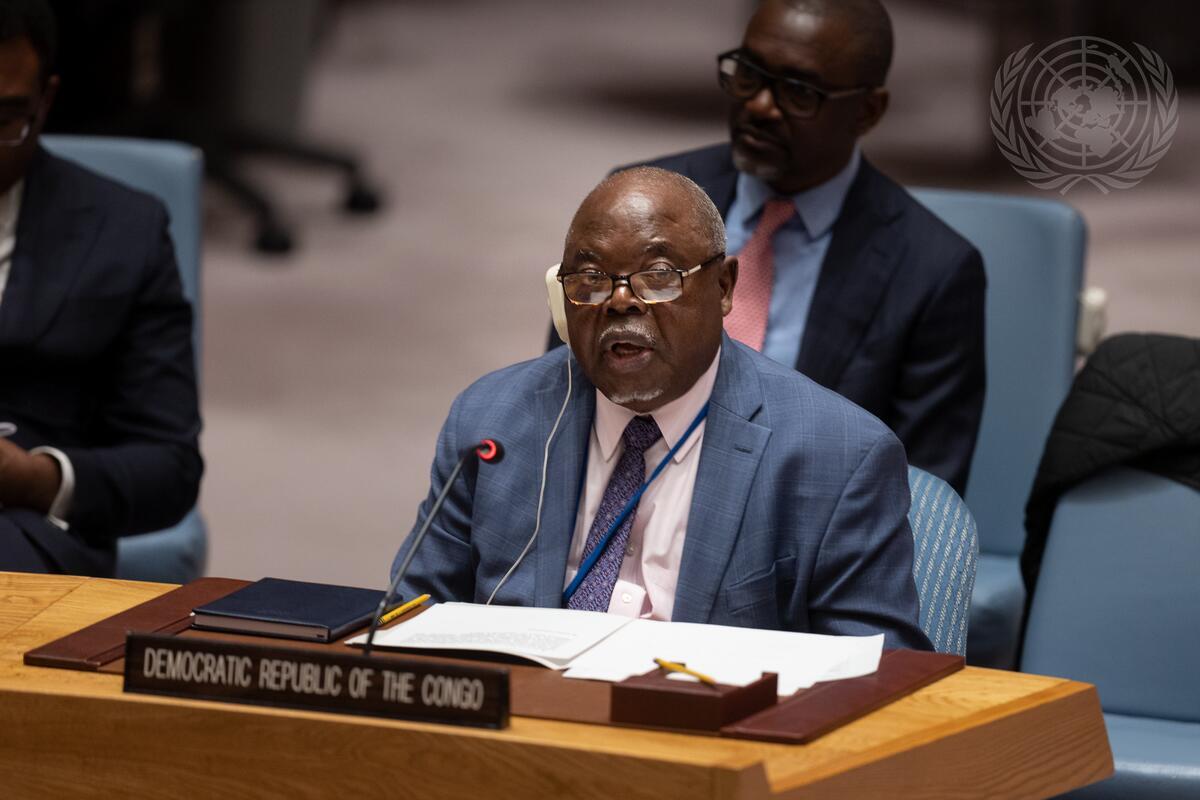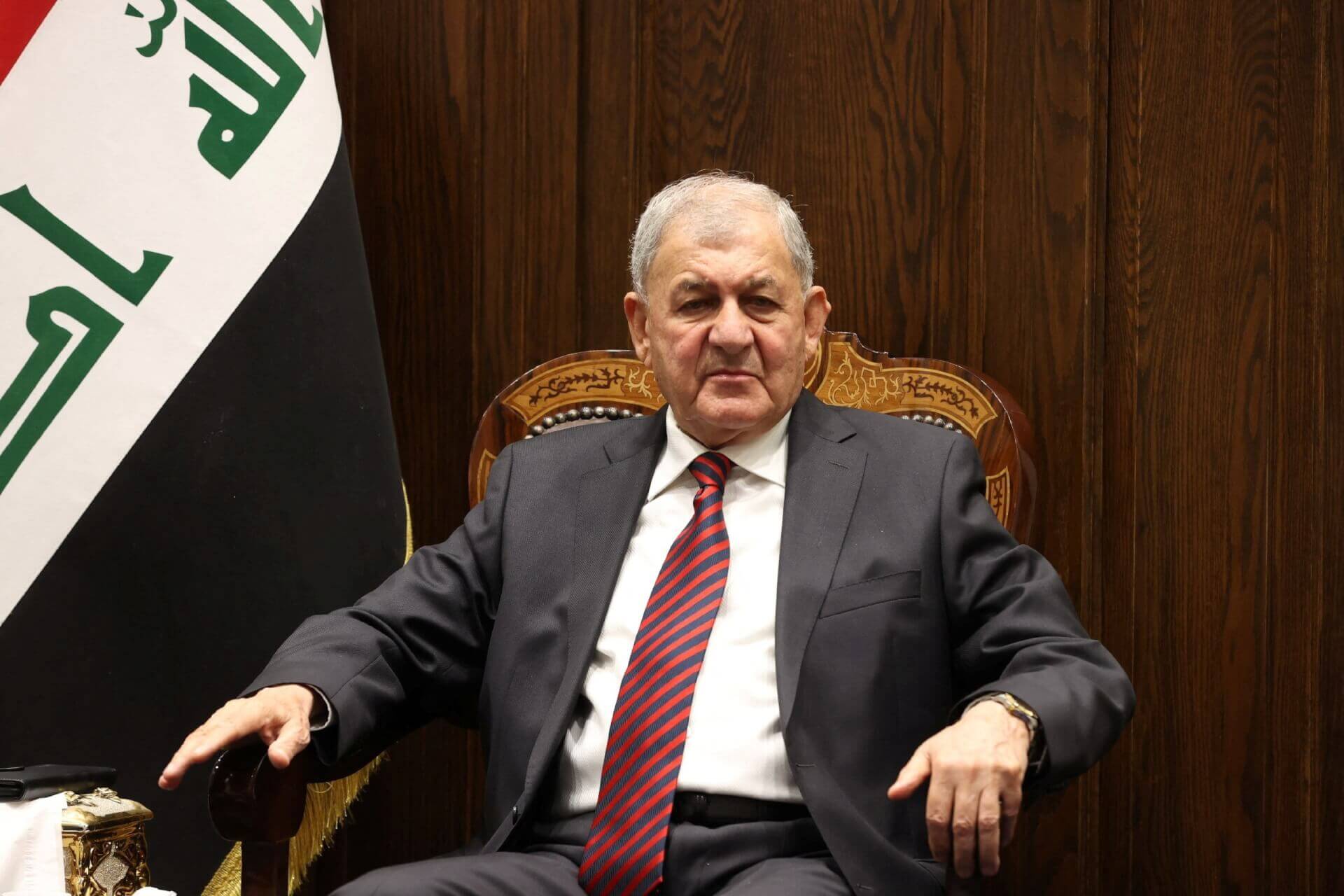South Asia
The International Monetary Fund (IMF) said it will finalise its assistance package to Pakistan only after an assessment by the World Bank or the United Nations Development Programme on the devastation caused by the floods. The IMF will also send its team to Pakistan in November to conduct the next review, as the newly appointed Finance Minister Ishaq Dar has announced major cuts to petrol prices, despite the IMF’s opposition to subsidies. [Geo TV]
Pakistani Prime Minister Shehbaz Sharif said he wants to leave behind a legacy of peace and is willing to engage with India to advance regional security and prosperity. However, he criticised India’s “bullet over ballot” policy in Kashmir, warning that the country has “become a threat to its minorities, neighbours, and the entire region.” [The News International]
Central Asia and the Caucasus
Kyrgyzstan on Thursday received the latest model of Turkish-made Bayraktar drones, Akinci, adding to its collection of Bayraktar TB2 drones. Kyrgyzstan and Turkey have recently increased their defence cooperation, with Ankara helping Bishkek build its first drone base. Kyrgyz forces also used Bayraktar TB2s during the latest conflict with Tajikistan. [Fergana News]
Russia on Thursday rejected French President Emmanuel Macron’s comment that Moscow is “destabilising” the peace process between Armenia and Azerbaijan as “unacceptable.” Foreign Ministry spokesperson Maria Zakharova said that, unlike France, Russia has made decisive contributions to end the conflict, including mediating the ceasefire agreement of 2020 that ended the Nagorno-Karabakh war. “Paris’ attempts to drive a wedge into Russia’s relations with Azerbaijan and Armenia […] are doomed to failure and will only lead to further depreciation of France’s authority in the region,” she stressed. [Russian Ministry of Foreign Affairs]
East and Southeast Asia
Indonesia will investigate the deaths of more than 20 children from acute kidney injury in Jakarta this year, the country’s health authorities said on Wednesday. The probe comes after the death of almost 70 children in the Gambia from acute kidney injury was linked by the World Health Organization to the consumption of an India-made cough syrup. [Borneo Bulletin]
Taiwan’s military denied on Thursday that Tesla CEO Elon Musk’s suggestion that Taiwan should become a special administrative region under China, had anything to do with the self-governing island’s military refusing to buy Tesla vehicles in the future. [Taiwan News]
Europe
15 European countries led by Germany have agreed to expand their air defence capabilities under the new European Sky Shield Initiative. Germany will lead the joint purchase of equipment to prevent close-range and medium and long-range attacks, particularly from Russian ballistic missiles and cruise missiles. Apart from 14 NATO members, including Estonia, Hungary, and Slovakia, Finland is also a part of the alliance. [NATO]
French President Emmanuel Macron called on Russian President Vladimir Putin to “stop” the Ukraine war and “come back to the discussion table.” Macron said that he would continue to engage in dialogue with Putin and push for stability in Europe. However, he said that France will continue to supply military assistance to Ukraine while negotiations are still underway. [Euronews]
In an interview on Thursday, Russian Ambassador to the United Nations (UN) in Geneva Gennady Gatilov revealed that Russia had submitted a list of concerns to UN Secretary-General António Guterres regarding the Black Sea grain agreement. He admitted that if their concerns regarding the exports of Russian grain and fertiliser were not addressed, there is a “possibility” that Moscow may not renew the agreement next month. “We are not against deliveries of grains but this deal should be equal, it should be fair and fairly implemented by all sides,” Gatilov said. UN officials are expected to visit Moscow on Sunday to discuss the agreement’s renewal. [Reuters]
Latin America and the Caribbean
United Nations Security Council members are deliberating on a resolution to impose heavy sanctions on high-profile Haitian gang leader Jimmy “Barbeque” Cherizier, including an arms embargo, asset freeze, and travel ban. Gangs have not only increased crime and violence but also taken control of key resources and infrastructure such as fuel terminals, leading to heavy fuel, water, and food shortages. They have also impeded the delivery of humanitarian aid to the country. [Associated Press]
Mexican congressional lawmakers have voted to extend military presence on the streets until 2028 as part of the government's war on drugs and gangs. The bill was passed with 339 votes in favour and 155 against. It will now have to be approved by the legislatures of Mexico's 31 states and its capital, Mexico City, to become law. Rights groups have said the measure would militarise the country and increase the impunity with which security forces act. [BBC]

Middle East and North Africa (MENA)
Rival Palestinian factions Fatah and Hamas on Thursday agreed to a reconciliation deal to resolve their 15-year-long conflict by holding new elections in the Palestinian territories. The leaders of Hamas and Fatah—Ismail Haniyeh and Azzam Al-Ahmad—signed the agreement during a meeting mediated by Algerian President Abdelmadjid Tebboune in Algiers. Their dispute started in 2006 when Hamas won the Gazan legislative election and ousted Fatah from the strip the following year. [TRT World]
Iraq’s parliament on Thursday elected Kurdish leader Abdul Latif Rashid as the new president. Rashid named Mohammed Shia Al-Sudani as the Prime Minister and invited him to form a new cabinet. The event ends a year of political stalemate over Iraqi politicians’ inability to form a government despite successfully holding elections. [Arab News]
North America
During a press conference on Thursday, United States (US) Secretary of State Antony Blinken reiterated that Saudi Arabia would face “consequences” after OPEC+’s decision to cut oil production by two million barrels per day. He stated that Riyadh knew that it “would increase Russian revenues and potentially blunt the effectiveness of sanctions.” “We made clear that that would be the wrong direction on that basis alone, the impact that it would have potentially on sanctions, but also because we’re in a global economic recovery,” he said. Separately, US National Security Council coordinator for strategic communications John Kirby revealed, “Other OPEC nations communicated to us privately that they also disagreed with the Saudi decision, but felt coerced to support Saudi’s direction.” [CNN]
During the first day of the Public Order Emergency Commission hearings on Thursday, the Ontario Provincial Police said Prime Minister Justin Trudeau’s decision to invoke the Emergencies Act to thwart the Freedom Convoy anti-mandate protests in February was not necessary. Their lawyer, Christopher Diana, noted that though the extra powers were helpful, “there was sufficient legal authority in their absence to deal with the protest activities that took place over this period of time.” [The Globe And Mail]
Oceania
Thousands of residents across the Australian states of Victoria, Tasmania, and New South Wales have been warned to evacuate their homes on Friday to escape heavy floods. “This has been a very, very significant flood event and it’s far from over. The real challenge is waters continuing to rise and more and more houses being inundated, more and more communities being closed off,” said Victoria Premier Daniel Andrews. [South China Morning Post]
During a joint press conference with her Marshall Islands counterpart Kitlang Kabua, Australian Foreign Minister (FM) Penny Wong said on Thursday that Canberra would like “to work together” to ensure that the Pacific, “the region we share, the ocean we share, that is so much a part of your life – your lives and your culture, is a region that reflects our shared dreams of sovereignty, of peace, of stability, of respect.” [Minister of Foreign Affairs, Australia]
Sub-Saharan Africa
The Democratic Republic of Congo’s (DRC) permanent representative to the United Nations, Georges Nzongola-Ntalaja, accused Rwanda of stealing gorillas and chimpanzees from Congolese forests. He also accused Rwanda of stealing minerals such as coltan and gold. It marks the latest episode in the ongoing feud between the two neighbours, with DRC repeatedly accusing Rwanda of funding and arming the M23 rebels to foment unrest in eastern DRC. [Taarifa]
Following their meeting in Dar es Salaam on Thursday, Tanzanian President Samia Suluhu Hassan and her Kenyan counterpart William Ruto vowed to join hands to improve border security, with a focus on tackling transboundary crimes, including human and drug trafficking, terrorism, and poaching. [The East African]

